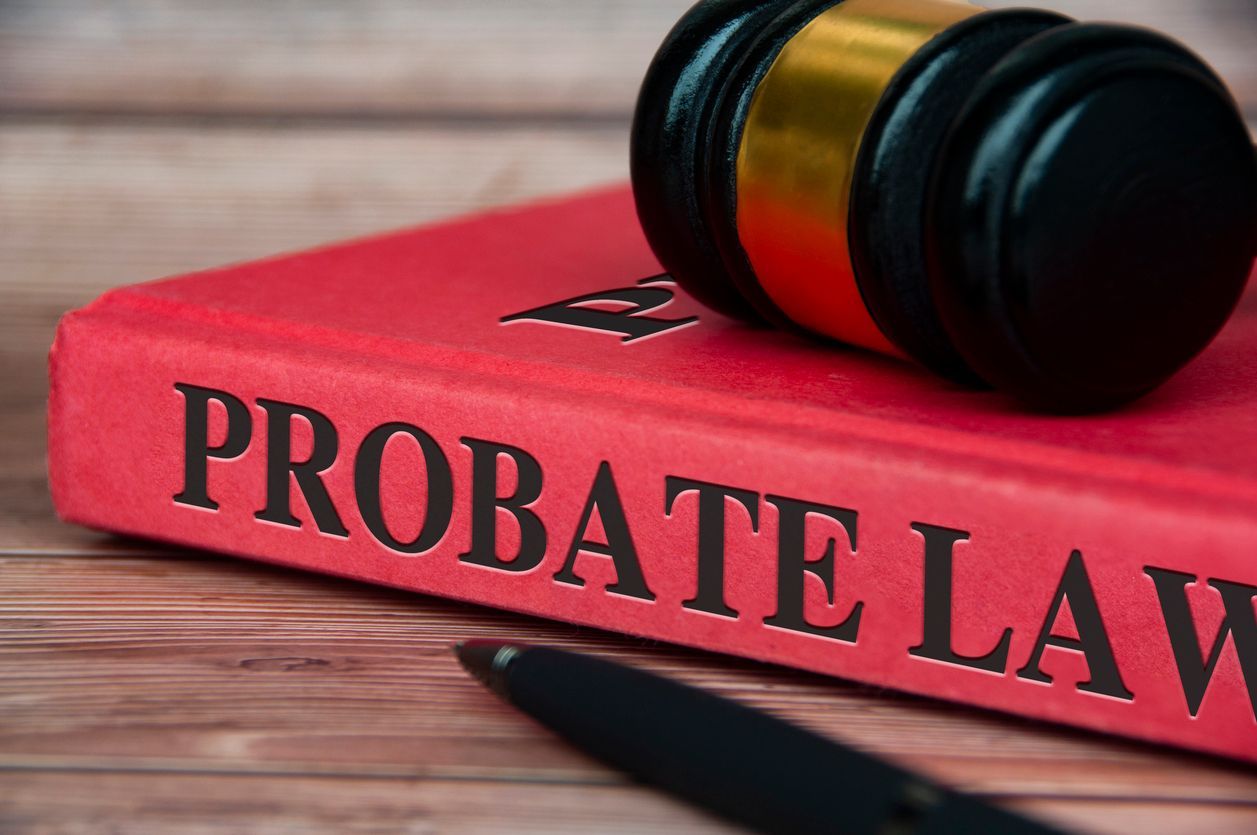How To Establish Power of Attorney
Power of Attorney (POA) is a legal document that grants someone the authority to act on your behalf in specific matters. This could include managing your financial affairs, making healthcare decisions, or handling legal matters, depending on the type of POA you choose. Establishing a POA is an essential part of planning for unexpected events like illness or incapacitation. If you're in Missouri and are wondering how to establish Power of Attorney, this guide will walk you through the process.
1. Understand the Different Types of Power of Attorney
Before establishing a POA, it's important to understand the different types that exist. Each type grants a different scope of authority:
- Durable Power of Attorney for Healthcare: This document designates someone to make healthcare decisions on your behalf if you're unable to do so. It can include decisions about medical treatments, hospital admissions, and more.
- Durable Power of Attorney for Finances: This gives someone the authority to manage your financial affairs, including paying bills, handling investments, or managing property.
- Springing Power of Attorney: This type only becomes effective upon the occurrence of a specific event, such as the principal becoming incapacitated.
- General Power of Attorney: This grants broad authority to the agent to act in almost any legal or financial capacity. However, it is typically only effective when the principal is mentally competent.
- Limited Power of Attorney: This is used for specific tasks or transactions, such as selling property or managing a particular business transaction. It can be temporary or limited in scope.
2. Choose Your Agent Carefully
Your "agent" is the person you designate to act on your behalf. This individual must be someone you trust completely, as they will have significant authority to make decisions for you. An agent can be a family member, close friend, or legal professional, but they should be someone who understands your wishes and will act in your best interest.
If you choose a professional like a lawyer or financial advisor as your agent, make sure to discuss any fees or services they may charge in advance.
3. Complete the Power of Attorney Document
In Missouri, the POA document must be in writing and clearly outline the powers you are granting to your agent. While you can find generic POA forms online or in legal bookstores, it’s often wise to consult an attorney, especially if you’re dealing with complex financial or medical decisions.
The key elements to include in your POA document are:
- Your full name and contact information: This confirms your identity as the principal.
- Your agent’s name and contact information: Identify the individual or individuals you wish to serve as your agent(s).
- Scope of authority: Clearly define what powers the agent will have, whether it’s for healthcare, finances, or legal matters.
- Activation date: For a Springing POA, specify when the authority will become active (e.g., when you become incapacitated).
- Revocation clause: Indicate if and when you can revoke or change the POA.
You can find specific forms for healthcare or financial powers of attorney through Missouri's official government websites or from a lawyer specializing in estate planning.
4. Sign the Document in Front of a Notary Public
In Missouri, a Power of Attorney must be signed by the principal in front of a notary public. Notarization ensures the authenticity of the document and helps prevent potential challenges to its validity later.
For healthcare powers of attorney, Missouri law also requires that the document be signed by two witnesses who are not named as the agent or their spouse. This is to ensure that the document is free from undue influence.
5. Distribute Copies of the Power of Attorney
Once the POA document is signed and notarized, distribute copies to relevant parties, such as your designated agent, family members, and any institutions where the POA may be used. For example, if your agent will be managing your finances, provide a copy to your bank or investment advisor. If it's a healthcare POA, give a copy to your primary care physician or hospital.
Make sure the agent knows where to find the original document, as they may need to present it to act on your behalf.
6. Store the Document Safely
Keep the original Power of Attorney document in a safe, secure location, such as a safe deposit box or fireproof file cabinet. Inform your agent of its location. Be sure that anyone you trust to help you during a medical or financial emergency knows where to find it.
It's also a good idea to keep a record of when and where the POA was signed, as well as the names of the notary and witnesses. This can help avoid any confusion or disputes later.
7. Revoking or Modifying Your Power of Attorney
If you decide to revoke or change your Power of Attorney at any time, you can do so by completing a revocation form. This document should clearly state that the previous POA is no longer valid. Be sure to notify your agent and any institutions or individuals who may have been relying on the original POA.
For changes to the POA, you can create a new document and follow the same process of signing and notarizing the new form. Be sure to provide updated copies to relevant parties.
8. Consider Legal Assistance
While creating a Power of Attorney is a relatively straightforward process, there are many nuances in how powers are granted and what decisions an agent can make. For complex situations, such as managing a large estate or making difficult healthcare decisions, it’s wise to consult an attorney who specializes in estate planning.
An attorney can ensure that your POA document complies with Missouri law and reflects your wishes. They can also guide you in choosing the right type of POA for your circumstances and offer advice on how to handle more complicated situations.
Final Thoughts
Establishing a Power of Attorney in Missouri is a proactive step in ensuring that your financial and healthcare needs are managed appropriately if you become unable to make decisions for yourself. By understanding the different types of POA, choosing a trusted agent, and properly executing the document, you can ensure that your wishes are respected and that someone is ready to step in on your behalf when needed.
If you have questions or need assistance in creating a Power of Attorney, don’t hesitate to consult a qualified Missouri attorney, like Daniel Finder at Finder Law, LLC to guide you through the process. We have provided careful estate planning advice to our clients for over ten years & will help you create a document that fits your wishes or needs.










Finder Law is located in central Missouri, but able to serve clients throughout the state. We are available to meet with you in-person or remotely.
Quick Links
All Rights Reserved | Finder Law | Powered by Flypaper | Privacy Policy


